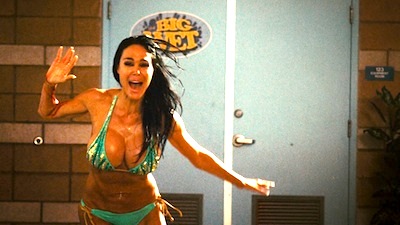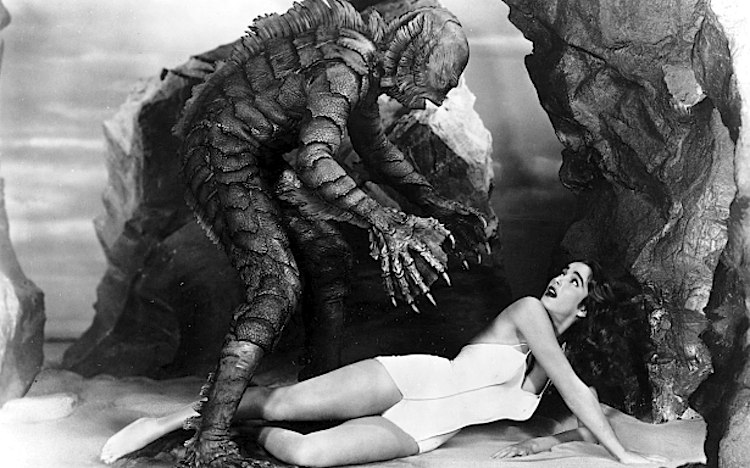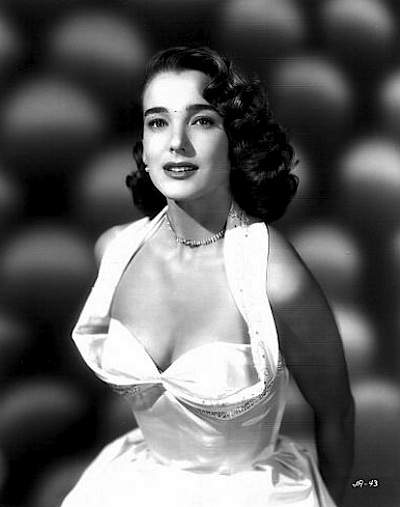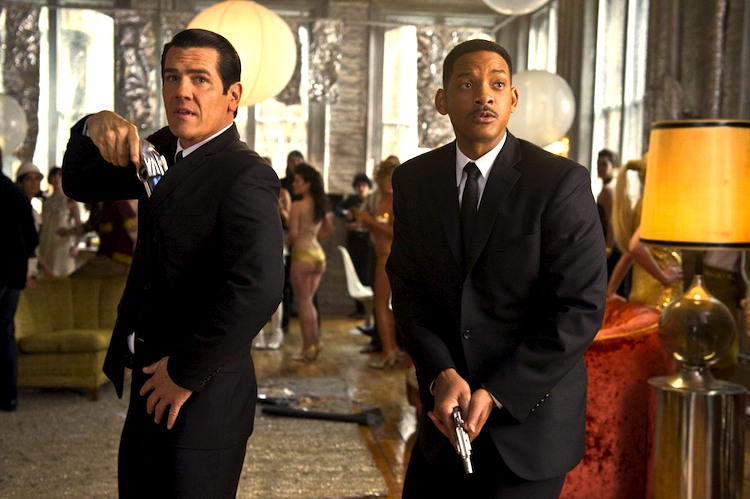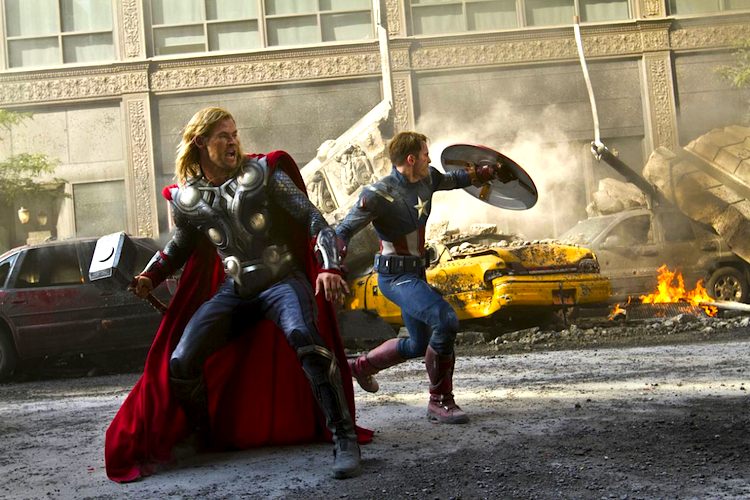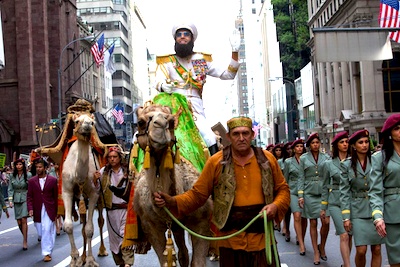[Editor’s Note: the post below appears today at The Huffington Post and at AOL-Moviefone.]
By Jason Apuzzo & Govindini Murty. NBA fans know that two-time MVP point guard Steve Nash recently joined the Los Angeles Lakers. Fans are buzzing, because the addition of Nash could soon result in a return to championship glory for the league’s most glamorous franchise. As big as Nash’s impact on the Lakers might be, however, it can’t possibly match the impact that flashy point guard Kevin Sheppard — the former Jacksonville University star and Virgin Islands native — had in 2008 on A.S. Shiraz, a professional basketball team in Iran’s Super League.
The reasons for this go beyond sports, however, because over the course of one gripping and emotional season — a season documented by director Till Schauder and producer Sara Nodjoumi in their extraordinary new documentary, The Iran Job — Sheppard becomes one of Iran’s most popular athletes, and brings a ray of hope into an increasingly repressive and isolated society.
The Iran Job screened last week in Washington, D.C., and had its world premiere recently at the Los Angeles Film Festival, where we had the chance to talk to the film’s creators.
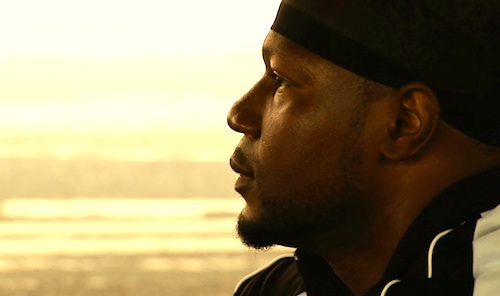
As depicted in the film, Kevin Sheppard’s Iranian odyssey begins in the fall of 2008, when he’s offered a spot on A.S. Shiraz’s roster. Having already played professional basketball in South America, Europe, China and Israel, the voluble Sheppard is unfazed by the prospect of playing overseas — but is understandably nervous as an American traveling to Iran. Coming in the midst of a 2008 election in which Barack Obama, Hillary Clinton and John McCain all had sharp words for Iran and its nuclear program, Sheppard nonetheless decides to take the plunge out of a spirit of professionalism.
It was a decision that would change his life, as well as the lives of everyday Iranians — and in particular, those of three young Iranian women.
One of the most compelling aspects of The Iran Job is the way it captures the casual details of life in today’s Iran — a closed society that clearly harbors some unusual stereotypes about the outside world. So for example, the moment Sheppard arrives in Iran and meets up with his Serbian roommate (the team’s 7-foot center, and the only other non-Iranian allowed on the squad), Sheppard learns that his cable TV has been custom-provided with hundreds of pornographic channels — the assumption being that because he is an American, he must be sex-obsessed. The irony that such programming is even available in a “strict” Islamic society, of course, is not lost on Sheppard — who can’t help but laugh at Iranian officialdom’s awkward notions of diplomatic courtesy.
Such ticklish moments aside, however, Sheppard immediately begins bonding with average Iranians. A natural show-off with a wicked sense of humor, Sheppard dazzles everyone around him — even when they barely speak English, and are only able to respond to his warm smile and playfulness. The camera follows him early on as he goes out to grab dinner, and we see regular Iranians high-fiving him and snapping pictures with him before he’s even picked up a basketball. His enthusiasm and dynamic personality ignite smiles everywhere.
We asked Sheppard about the rock-star treatment he received from average Iranians:
“The funny thing about it is, once I got over there — people really love America. The government would say, ‘Down with America.’ They have all kinds of signs — ‘America is the Devil,’ ‘Down with the U.S.A.’ — but once you get to the people, they love American culture, they know everything about America, they love all the American sports. So it was a little bit ironic and crazy for me at first. I was like, how can you have all these signs around? But yet, when you speak to the people it’s totally different. So I know it [hostility toward America] was not coming from the mass of the people in general. This was all pushed upon them by the government.”
As The Iran Job proceeds, however, Sheppard’s innate enthusiasm is challenged by his lackluster basketball team, A.S. Shiraz a new and untested squad in Iran’s Super League, and a team sorely lacking in the kind of talent or winning attitude to which Sheppard is accustomed. Viewers basically get the sense that Sheppard has just joined The Bad News Bears of Iranian basketball, and his first task will be to shake up the underwhelming squad.
It’s worth noting here that The Iran Job follows the usual parameters of sports documentaries in depicting how one inspirational player can turn the fortunes of a franchise around by getting his teammates to believe they can win. That’s precisely what Sheppard does, due in part to his on-court heroics (we watch him win several games with buzzer-beating shots), but mostly due to his cocky swagger and high standards. The intense, demanding point guard simply hates to lose — and refuses to let his teammates ever be comfortable accepting defeat. Continue reading LFM’s Jason Apuzzo & Govindini Murty at The Huffington Post and AOL-Moviefone: Basketball Diplomacy: An American Point Guard Becomes a Symbol of Freedom in The Iran Job



